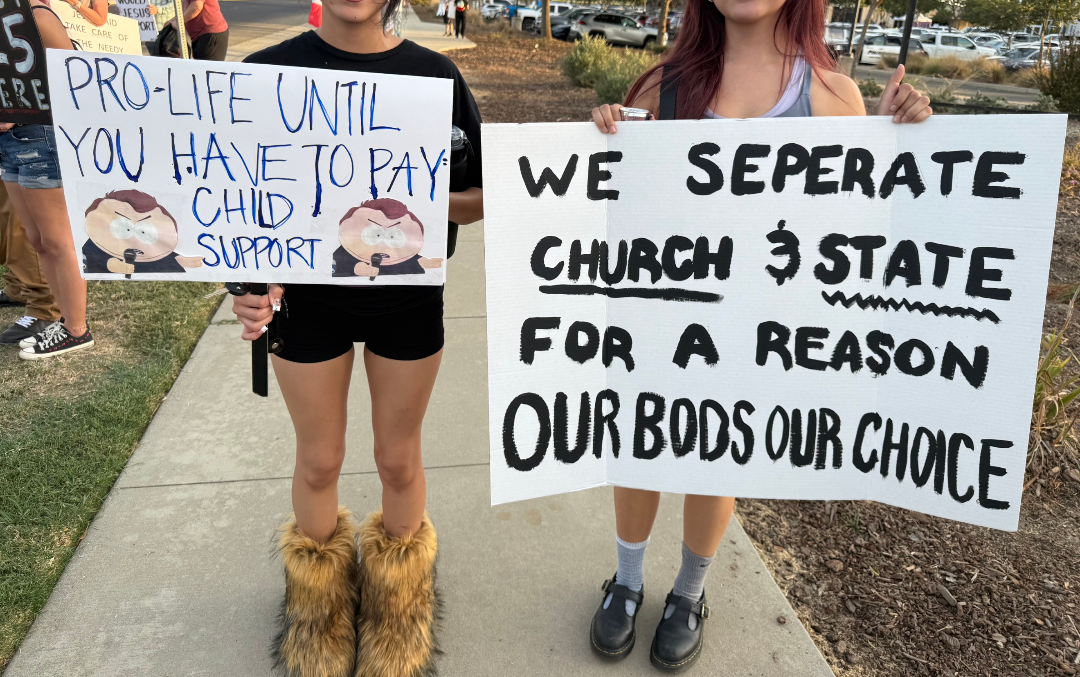
How will the U.S. Supreme Court’s decision impact those stellar lower-income students who apply to Ivy League schools?
On June 29, 2023, the U.S. Supreme Court issued a ruling that would affect students nationwide. The highly controversial decision regarding the presence of affirmative action in college admissions programs declared consideration of race in admission acceptance to be unconstitutional according to the Equal Protection Clause of the 14th Amendment. Though this was decided under the guise of equality and admission neutrality, it leaves many students, particularly minorities, at a disadvantage.
Affirmative action, defined as an “active effort to improve employment or educational opportunities for members of minority groups,” has been an extremely influential factor in college admissions since the 1960s. The policy rose to prominence as a means of eliminating discrimination following the Civil Rights Act. It has taken shape in the form of grants, scholarships, and special attention geared toward minority applicants to top universities.
Since the affirmative action repeal, the most recent slew of college acceptances released in March and early April have been the first to reflect its consequences. Though it’s difficult to quantify the difference of the repeal just yet, its effects have still been felt by racial and socioeconomic minorities applying to Ivy Leagues and Top 20 schools such as UCLA and Stanford University for the upcoming 2024-25 school year. According to NPR news, minority applicants in response to the absence of affirmative action have felt unwanted and unsure of their college choices, particularly African Americans. In an article with NPR, NYU law professor Melissa Murray said, “People don’t want to be spotlighted. There is a kind of comfort in numbers, and it was very difficult to recruit under those conditions,” about minority applicants to top schools.
For clarity, I spoke with 17-year-old Xander Garcia, a senior at Edison High School in Fresno, CA. Garcia has demonstrated exemplary academic achievement, maintaining a valedictorian status while avidly participating in clubs and holding leadership roles. He has received various scholarly awards, including the National Hispanic Recognition Award and AP [Advanced Placement] Scholar with Distinction. This, along with over 450 hours of volunteer work, a position as a sales representative, and involvement in the creation of a non-profit for students with disabilities, has earned Garcia a total of 15 college acceptances. Among these are UC Berkeley, Carnegie Mellon University, and Yale University, which he plans on attending with a major in Aerospace Engineering/Applied Mathematics. Despite his success, Garcia’s triracial (Taiwanese, Mexican, and Portuguese) background has given him a unique perspective on affirmative action repeal.
“As a person of color, I can confidently say that [affirmative action] has helped many students in the past that do not have equal opportunities as many others do, even the opportunities that I have, ” Garcia said. “Affirmative action sheds light and hope onto their situations.”
Garcia goes on to consider the implications of the repeal, mentioning changes to other admission policies and factors considered by top universities. He brought my attention to Dartmouth College, a prominent Ivy League, which will bring back the requirement of SAT/ACT scores starting with the class of 2029. In an article posted by EducationWeek, Jayson Weingarten, a senior admissions consultant at Ivy Coach, claimed this will give Dartmouth more information on which applicants are “best positioned to succeed.” Garcia discusses the contradictory nature of this, however, as “one of the leading reasons why the SAT was deemed optional was because it did not show a student’s academic capability.”
Garcia ultimately defends affirmative action, admitting that while it makes sense to admit the most high-achieving and well-rounded applicants, “it also isn’t fair to not consider someone’s possible situation and the disadvantages that they have to overcome.”
The repeal of affirmative action indeed suggests a refusal to acknowledge individual backgrounds and situations. Common lower-class struggles like working jobs as a full-time student or struggling to find the time and resources to apply oneself in extracurriculars can put a strain on students’ academic attractiveness, something that will no longer be addressed without the aid of affirmative action. Consequently, it is likely that applicants from more privileged backgrounds, such as white upper-class students with abundant resources to excel both within and outside of school, will be given more opportunities to attend prestigious universities than lower-class people of color. This privilege especially applies to legacy admissions, previously slowed by affirmative action policy.
As a result, Ivy League and Top 20 schools will experience a decline in campus diversity, a major drawback for not only minority applicants but the university network as a whole. In addition to minorities missing out on high-quality education and career opportunities, colleges will face a collective loss of student empathy, engagement, social skills, and confidence, characteristics uplifted by campus diversity, as revealed by a U.S. News & World Report publication.
Considering its roots in civil rights and pro-equity efforts, affirmative action should be perceived as beneficial and an essential aspect of college admissions. Though a repeal may be more constitutionally adherent, it fails to consider the institutional, social, and economic disparities among university applicants, not to mention the dramatic systematic changes since the creation of the Constitution. Affirmative action is not just a means of granting equal opportunities, and it is a direct pathway to unique student bodies with diverse perspectives and intentional differences. As Garcia put it, affirmative action will broaden the scope of students “and cast a larger influence globally.”
Merit-based decisions are expected when it comes to top schools, but we cannot afford to overlook the bright and talented people of color that our future depends on.


